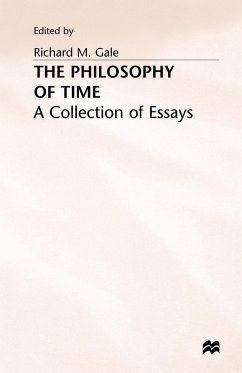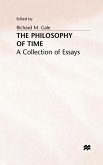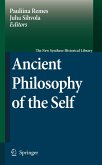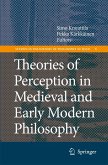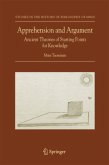In what sense does time exist? Is it an objective feature of the external world? Or is its real nature dependent on the way man experiences it? Has modern science brought us closer to the answer to St. Augustine's exasperated outcry, 'What, then, is time?' ? Ever since Aristotle, thinkers have been struggling with this most confounding and elusive of philosophical questions. How long does the present moment last? Can we make statements about the future that are clearly true or clearly false? And if so, must we be fatalists? This volume presents twenty-three discussions of the problem of time. A section on classical and modern attempts at definition is followed by four groups of essays drawn largely from contemporary philosophy, each preface with an introduction by the editor. First, in a chapter entitled 'The Static versus the Dynamic Temporal', four philosophers advance solutions to McTaggart's famous proof of time's unreality. In the next two sections, the discussion turns to the meaning of the 'open future' and to the much-debated nature of 'human time'. Finally, modern science and philosophy tackle Zeno's celebrated paradoxes. The essays by Adolf Gr nbaum, Nicholas Rescher, and William Barrett are published for the first time in this volume.
Bitte wählen Sie Ihr Anliegen aus.
Rechnungen
Retourenschein anfordern
Bestellstatus
Storno

